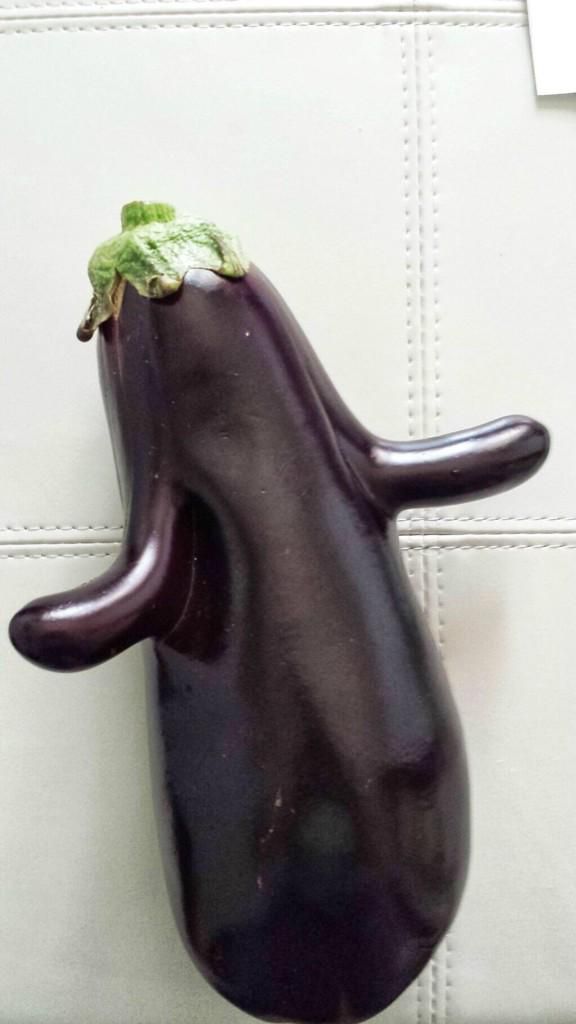Millions of households throughout the United States are classified as food insecure. And with millions of tons of edible food being tossed into the garbage or being allowed to rot on the field, the issue of food waste is quickly becoming a deadly serious economic and environmental topic.
A report published in February by the Waste Resources and Action Program, or WRAP, a British organization, states that 60 million metric tons (that’s 132,000,000,000 or one hundred thirty-two billion pounds) is wasted uneaten in the United States each year. The total value of this product is estimated to be $162 billion. Just over half of that product ends up in city and municipal landfills, costing $1.5 billion each year to local governments.
WRAP admits that these numbers are all estimates because this is a very difficult topic to quantify. But this problem is not exclusive to the United States. The report also estimates that up to a third of all food produced world-wide remains uneaten. That product could be worth as much as $400 billion.
The Sexy Politico spoke to Jordan Figueiredo, an activist trying to bring attention the problem of food waste in the United States by adding a dose of silly, sometimes raunchy, humor. His ambition isn’t merely to entertain or, erm, arouse, but rather to highlight one of the major drivers of agricultural food waste: perfunctory cosmetic standards for produce.
Figueiredo is the sole operator of EndFoodWaste.org and @UglyFruitandVeg. He operates the sites and pages in between his day job as a municipal solid waste specialist in California. But he has amassed quite a following. @UglyFruitandVeg got The Sexy Politico‘s attention with this raunchy image of some very saucy tomatoes posted on Twitter:
In a telephone interview, Figueiredo told The Sexy Politico that “20 to 40 percent of what’s on the farm or in the packhouse is wasted.” Many factors can contribute to this alarming ratio, like not enough labor to process a bumper crop, but a major driver is certainly the cosmetic standards for produce that leaves no space for the “uglies.” Figueiredo attempts to bring focus to “the ugly piece…because even though the product is treated that way, it’s really not that different.”
“If it’s turned away at the packhouse [for being ugly], it might make it to a food bank, but more often than not it is diverted to landfill or left to rot on the land,” Figueiredo said.
Resonating with WRAP’s admission that this topic is a hard one to quantify, Figueiredo adds that, while we don’t know for sure how many pounds are wasted on the farm, “we do know that this is massive, so even if the numbers are low, it’s a tremendous amount.” He says it’s important not to become fixated on the exact numbers and data because it’s known with certainty that many tons of product are wasted as it is.
Ugly fruit and vegetables have become something of a cause célèbre in Europe, where several major box retailers have been carving out space for less-than-perfect tomatoes and aubergines. Uglies are “alive and well in the UK, France, Europe as a whole, Australia, and Canada. We’re a little bit behind…it’s difficult to get the big [US] retailers to get behind it,” Figueiredo said. Furthermore, with this cause still relatively invisible in the United States, “it’s really tough–there’s no money in this,” he said.
Being just a one-man operation for now, Ugly Fruit and Veg doesn’t have a tremendous amount of bandwidth. “My influence ends at gathering and rallying support,” he said. To that end, he has launched a Change.org petition to ask Wal-Mart and Whole Foods to start carrying uglies at a discounted price.
The trouble, he said, lies in that fact that “we eat with our eyes. If something looks different, it might taste different. But really, it’s what’s on the inside that counts.”
In the meantime, Figueiredo unabashedly says that he uses “the most extreme cases of ugly produce for the shock value” on his Twitter account. It works. Those tomatoes sure got a conversation going at The Sexy Politico, and he has amassed more than 14,000 followers since December, when he launched the page. “In some ways, the ugly produce forms a conversation with the most crazy looking items,” he said.
Figueiredo laments that, owing the 24-hour news cycle, “the media moves on so quickly and the conversation dies down” on many issues. He hopes to promote interest and engagement with this topic in the zeigeist through his ongoing campaign showcasing the uglies. Or are they #sexies?
Thanks to Figueiredo and others, awareness of ugly produce and food waste more generally is on the rise. But much, much, more needs to be done in order anchor awareness and education campaigns to actions at the farm. Better ways to address food waste need to be found, but waste also needs to be stopped on the land in the first place.



























